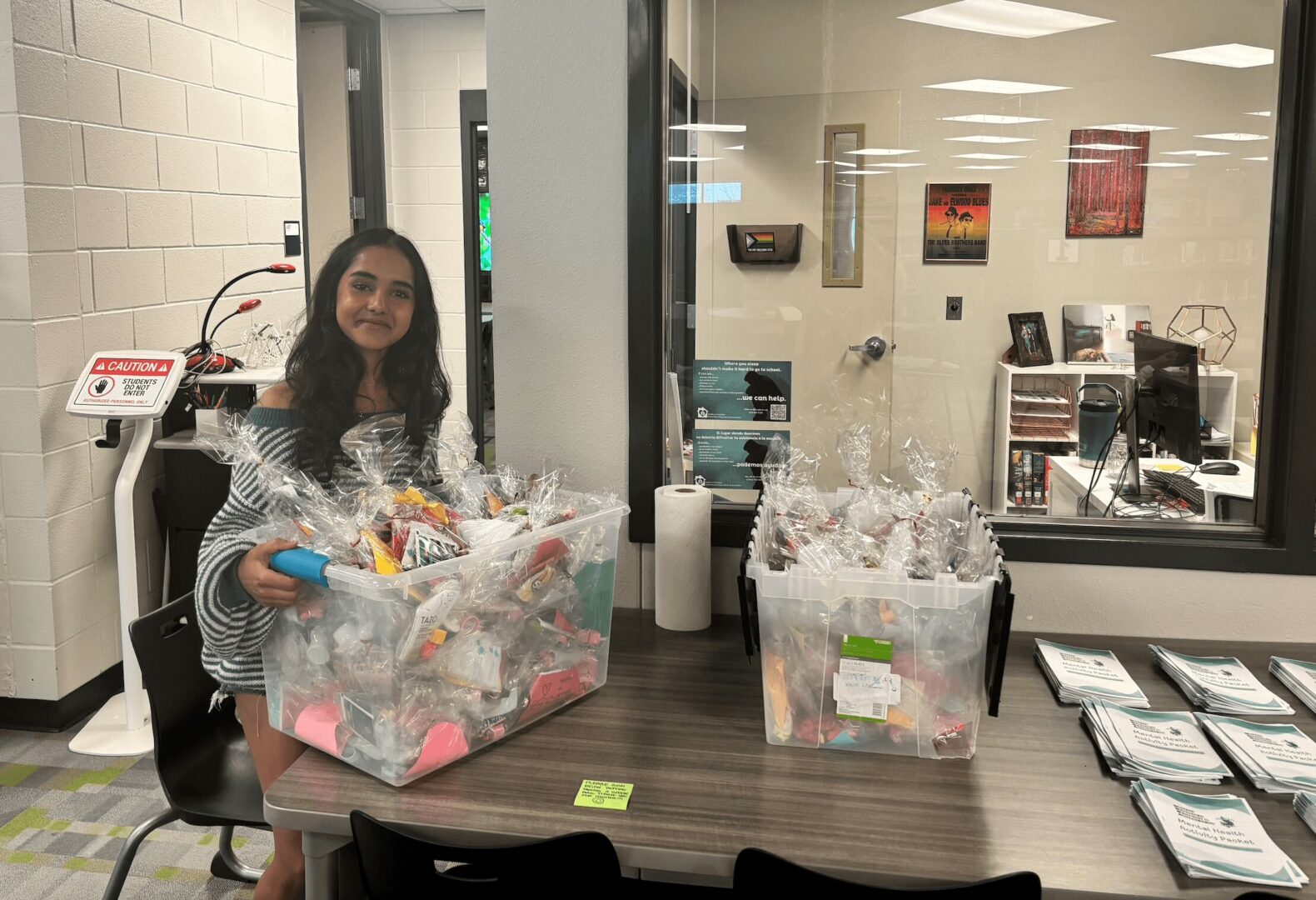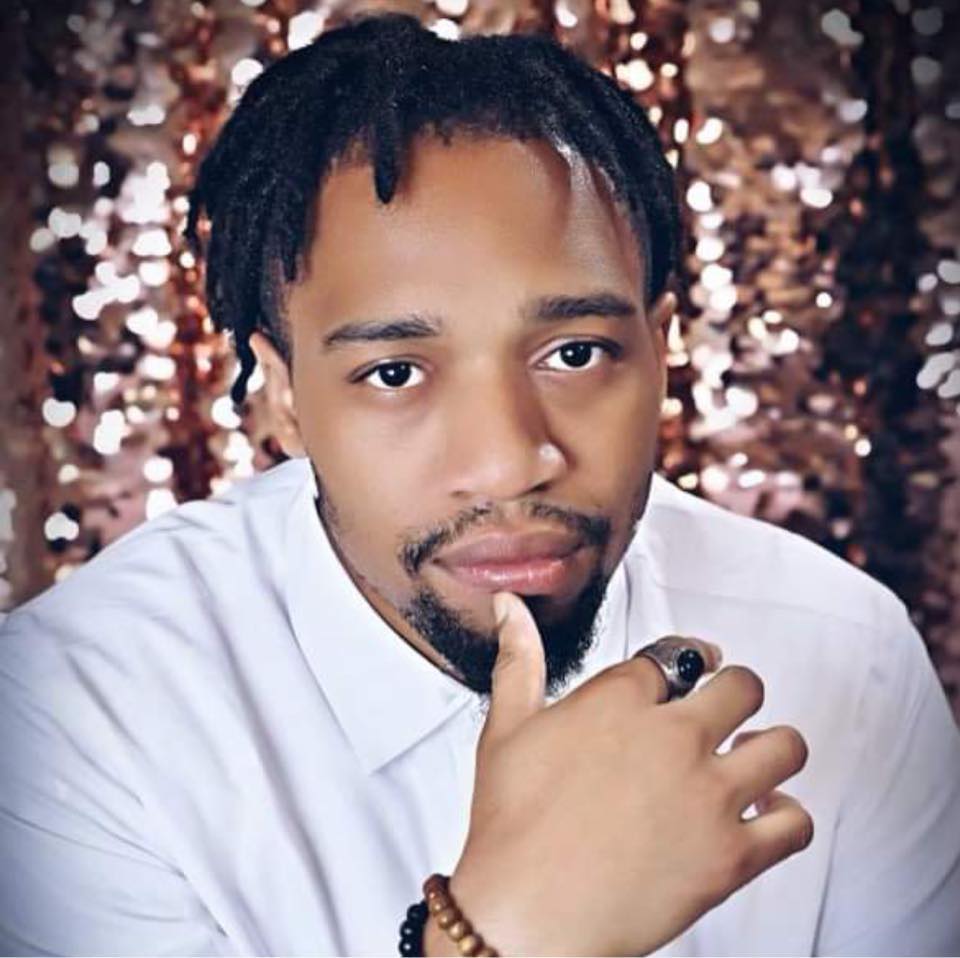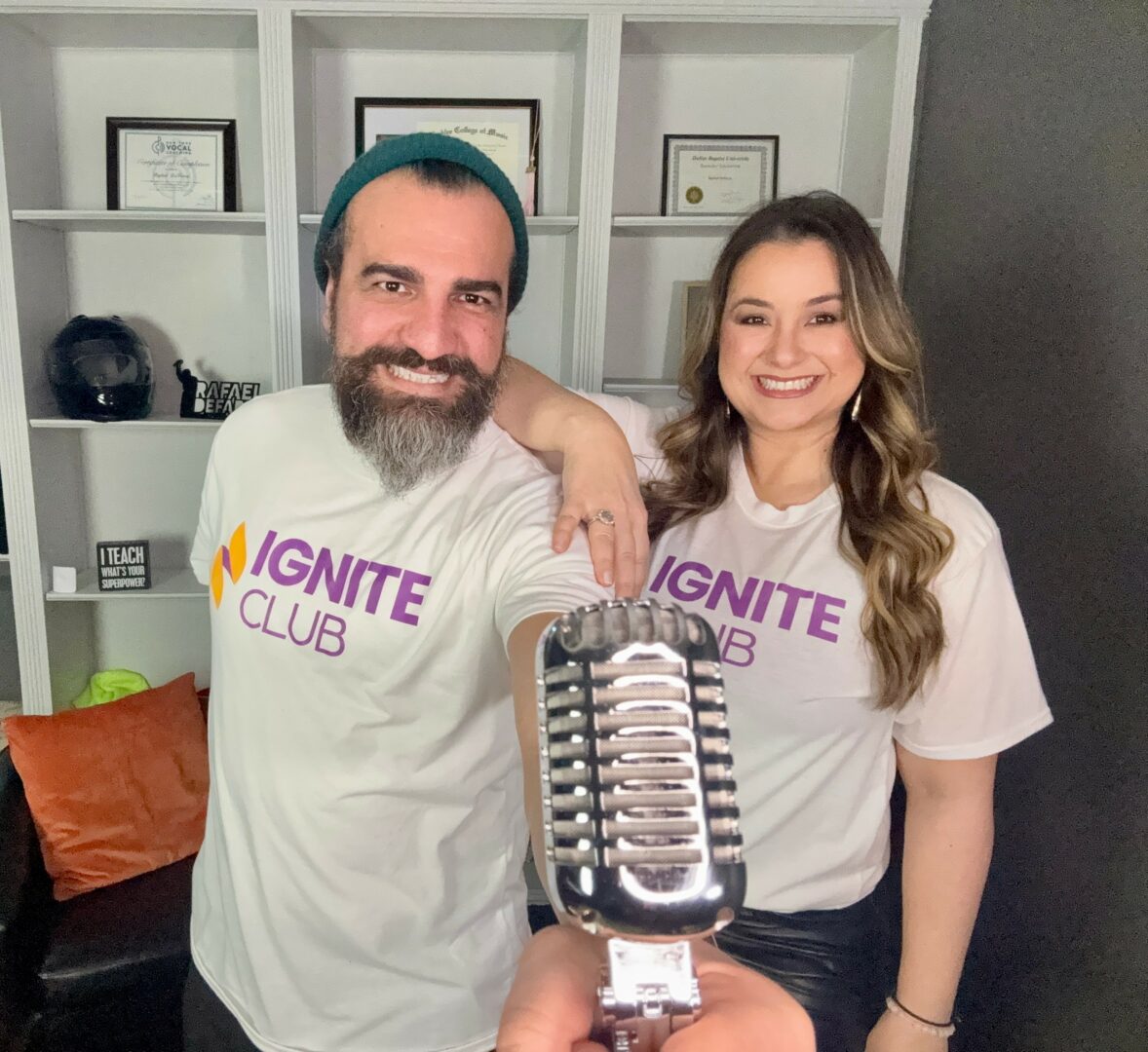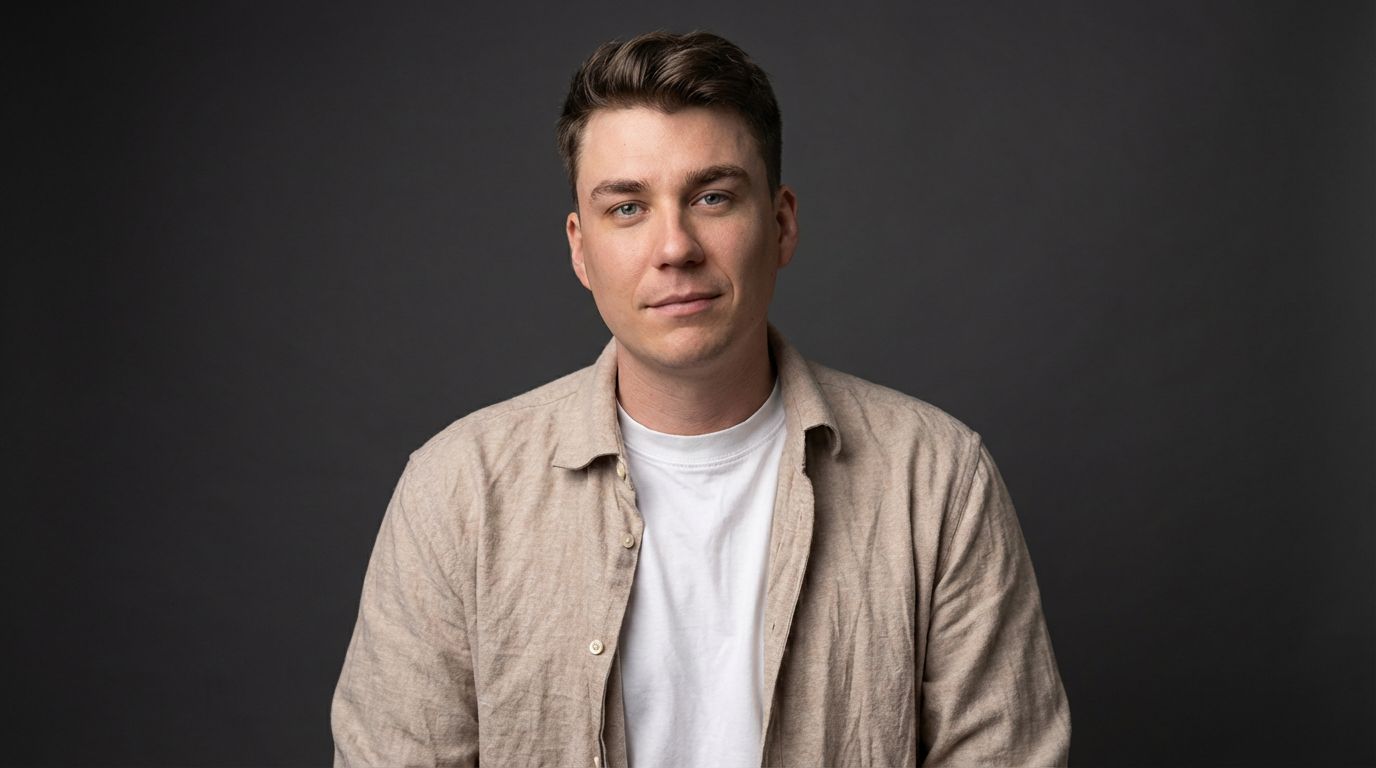Alright – so today we’ve got the honor of introducing you to Diya Mankotia. We think you’ll enjoy our conversation, we’ve shared it below.
Diya, sincerely appreciate your selflessness in agreeing to discuss your mental health journey and how you overcame and persisted despite the challenges. Please share with our readers how you overcame. For readers, please note this is not medical advice, we are not doctors, you should always consult professionals for advice and that this is merely one person sharing their story and experience.
For most of my life, I tried to keep my eating disorder hidden. I was afraid of what others would think, so I covered up my disordered behaviors with a smile, trying to convince myself I was fine. I thought that by staying silent, the problem would go away on its own. But hiding it didn’t help, in fact it only made things worse. The more I pretended everything was okay, the more alone and out of control of my own life I felt.
However, the moment that changed everything was when I finally decided to quit staying silent and spoke up. Speaking up about my feelings not only allowed me to process my emotions, but I began to find comfort and support from others who understood my struggles. While being vulnerable was scary, it was only through this honesty that I was able to find genuine support and help.
Now, I use the same voice that I was once scared to use to make sure others don’t feel as alone as I did. Founding the Eating Disorder Support and Awareness Club at my school and working with organizations such as ANAD and EDRC, I try to remind others that there is strength in vulnerability. Sharing my story and experiences is what saved me, and now I speak up, so others too can find the courage to do the same.
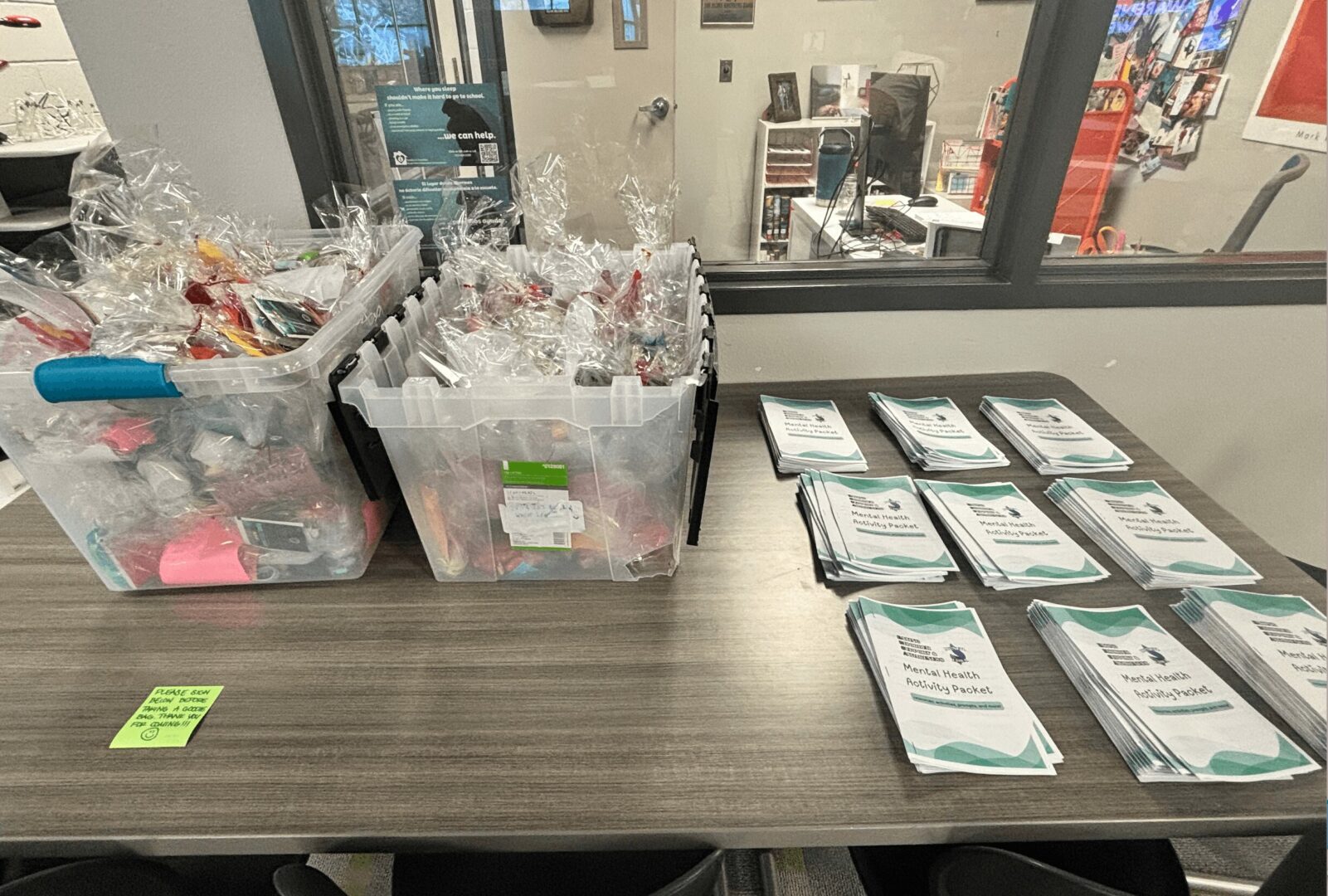
Thanks for sharing that. So, before we get any further into our conversation, can you tell our readers a bit about yourself and what you’re working on?
I’m a high school student passionate about using my voice to break the silence around mental health stigma. After being diagnosed with an eating disorder at an early age, I quickly realized how deeply misunderstood this illness is—not just by students, but by adults too. That misunderstanding is exactly what kept me quiet for so long. But over time, I began to realize that if I felt this way, then most likely so did many others.
Using that realization as a catalyst, I founded my school’s first Eating Disorder Support and Awareness (EDSA) Club. I wanted to raise awareness and provide education about eating disorders, but more importantly, I wanted to create a space where students could talk openly about mental health and feel supported. What began as a small initiative has grown into something meaningful; our club has led weeklong awareness campaigns, distributed over 150 mental health kits, and shared educational resources with students and staff across our campus.
Beyond my school, I serve as the Program Coordinator for ANAD’s School Ambassador Program, where I’ve helped onboard eating disorder awareness clubs in over 20 high schools and colleges nationwide. Knowing that students across the country now have access to support and resources is one of the most fulfilling parts of my work.
What excites me most is seeing how powerful youth voices can be. People often believe that change requires something big, but I’ve learned that even the smallest act (such as starting a conversation) can make a life-time of a difference.
Right now, I’m working on expanding my club into a broader initiative called Project EDSA, which will help students start EDSA chapters in their own schools and lead change in their communities. At the heart of everything I do is a deep commitment to making sure no one has to struggle alone. I remember what it felt like to believe no one understood me. If stepping out of my comfort zone helps even one person feel seen and safe, then I’ll always choose to speak up just so others are able to do so too.
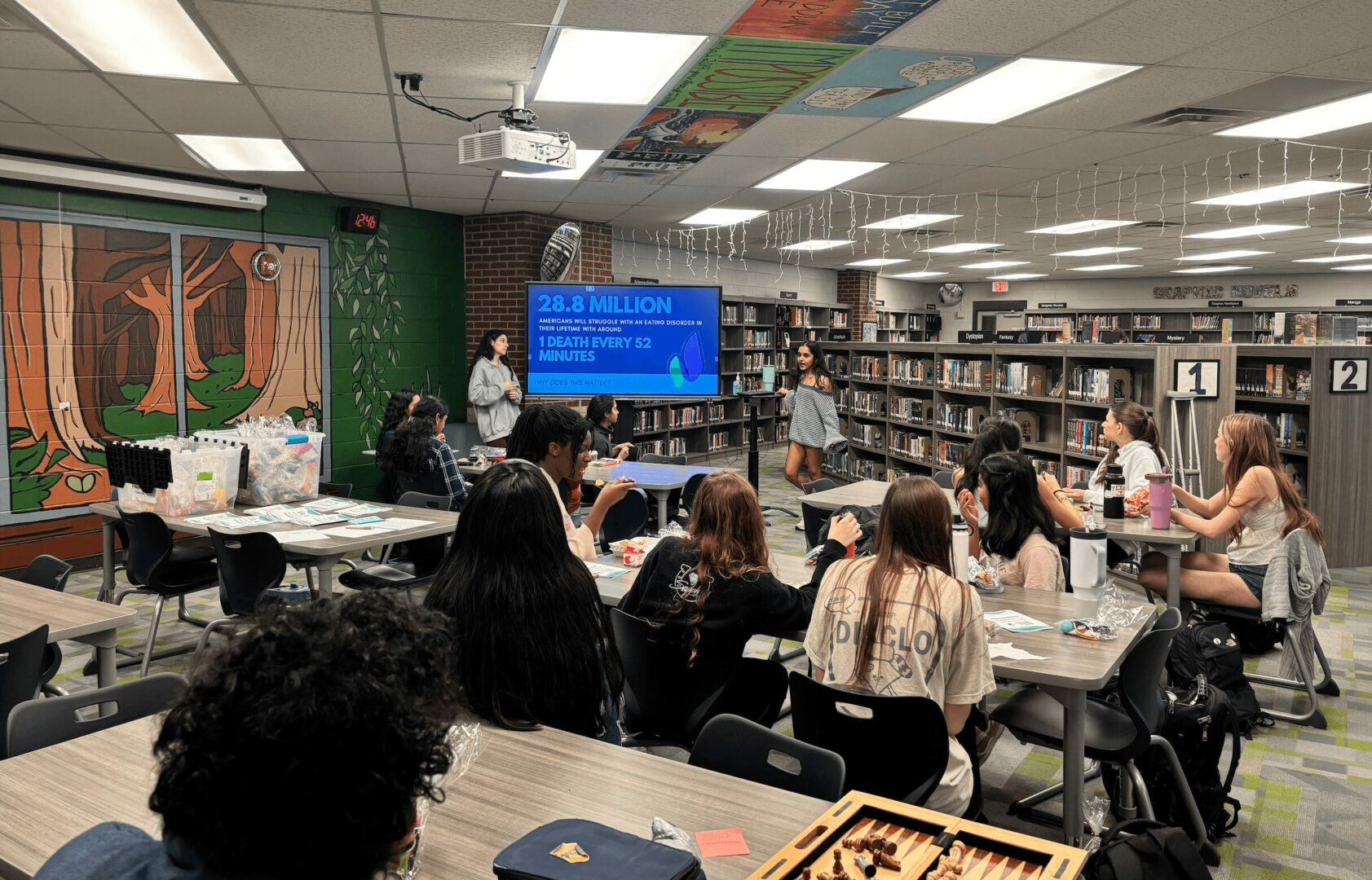
Looking back, what do you think were the three qualities, skills, or areas of knowledge that were most impactful in your journey? What advice do you have for folks who are early in their journey in terms of how they can best develop or improve on these?
At the forefront of my journey was the importance of being vulnerable. For the longest time, I believed that sharing your struggles made you weaker. But I soon realized it was quite the opposite. Vulnerability doesn’t mean you’re weak; it simply means you’re strong enough to recognize what you’re going through and brave enough to face it head-on.
To anyone who feels alone or scared to talk about what they’re experiencing, I want you to know that while silence may feel safe, it often does more harm than good in the long run. Healing can only truly begin when you choose to speak up, so I encourage you to open up, even if it’s just to one person. Because, even that first conversation could help bring the change you have been waiting for.
Another turning point for me was realizing the power of storytelling. I used to think sharing my experiences was embarrassing, even “cringey.” But I’ve learned that you never know who might hear your story and feel less alone because of it. Whether through a school event, a social media post, or a deep conversation with a friend, your story matters. Even if it’s uncomfortable, I’m willing to sit with that discomfort if it means helping just one person feel understood and supported.
Lastly, none of this would have been possible without the incredible community I found and became a part of along the way. While one person can start change, it’s that larger support from others that turns that spark into something greater. I would like to express my sincere gratitude to ANAD for giving me not just a platform to share my experiences, but also the opportunity to make a real impact. ANAD has supported me not only in my recovery, but also in becoming a more confident version of myself and owning my story. Through their peer support services, unwavering encouragement, and incredible helpline, I truly cannot imagine another organization that offers as much compassion and care for those in eating disorder recovery as they do.
If I could offer one piece of advice to students who want to create change, it would be this: don’t try to do everything alone. Find others who share your passion and work together. Because in the end, a community of voices will always be louder, stronger, and more powerful than one voice alone.
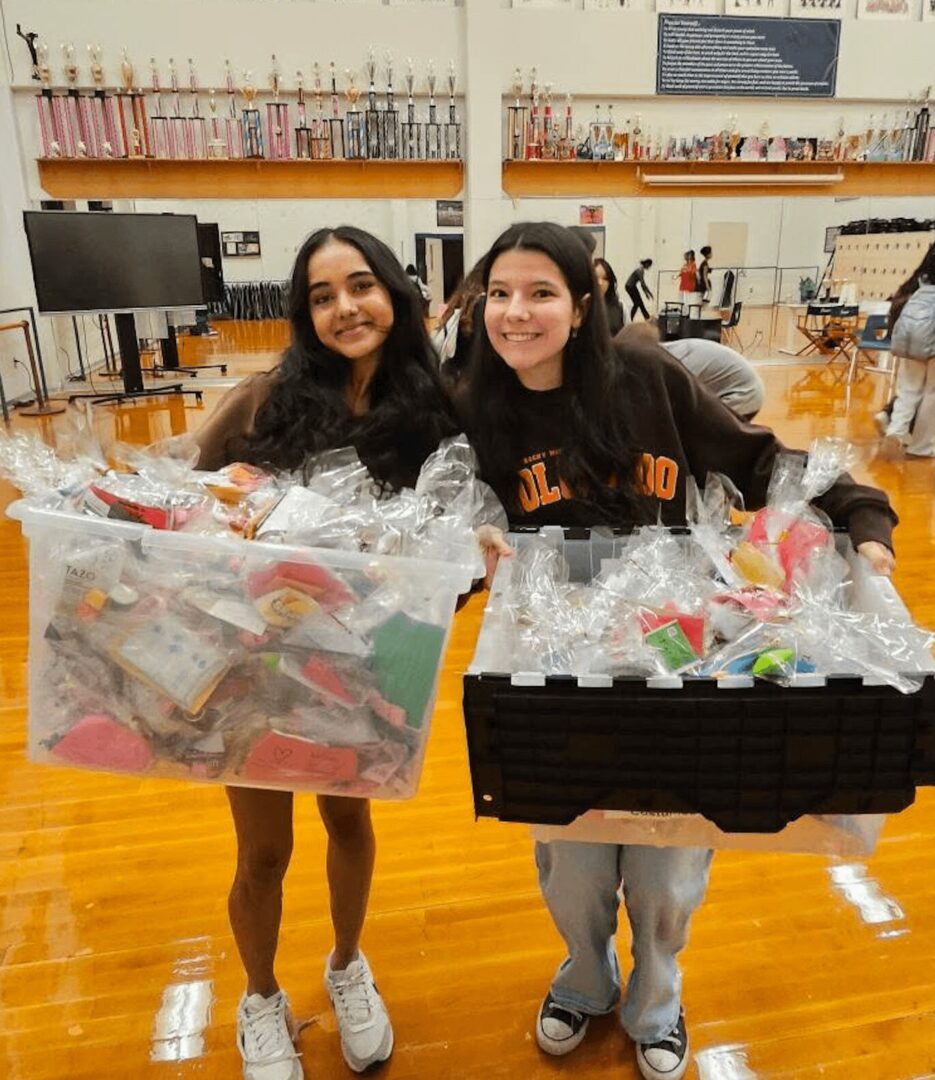
Looking back over the past 12 months or so, what do you think has been your biggest area of improvement or growth?
My biggest area of growth over the past year has been redefining what it means to make an impact. For a long time, I believed that to truly make a difference, I had to do something massive, such as cure a disease, reach thousands, or raise massive amounts of money. While these goals are definitely impressive, I’ve learned that they shouldn’t diminish the smaller acts of kindness that happen every day.
Impact is still impact, whether it touches thousands across the country or just one person in your community. Oftentimes, the most meaningful difference won’t be obvious to you, but it can be the turning point for someone else.
This shift in perspective has helped me embrace my work without constantly comparing it to something “bigger.” Ironically, it’s also what has allowed my work to grow and impact more people. When you stop chasing outcomes and start leading with passion, the results will follow on their own.
At the end of the day, your work shouldn’t be about checking off achievements or meeting external expectations. It should be about fulfilling the “why” that made you start in the first place. Because it’s that inner purpose that makes the work sustainable and truly meaningful in the long run.
Contact Info:
- Website: The Project EDSA website is being created right now!
- Instagram: Personal Instagram (@diyamankotia); ANAD ASAP account (@anadasap); Project EDSA account (@projectedsa)
- Linkedin: https://www.linkedin.com/in/diya-mankotia
- Other: https://anad.org/asap/
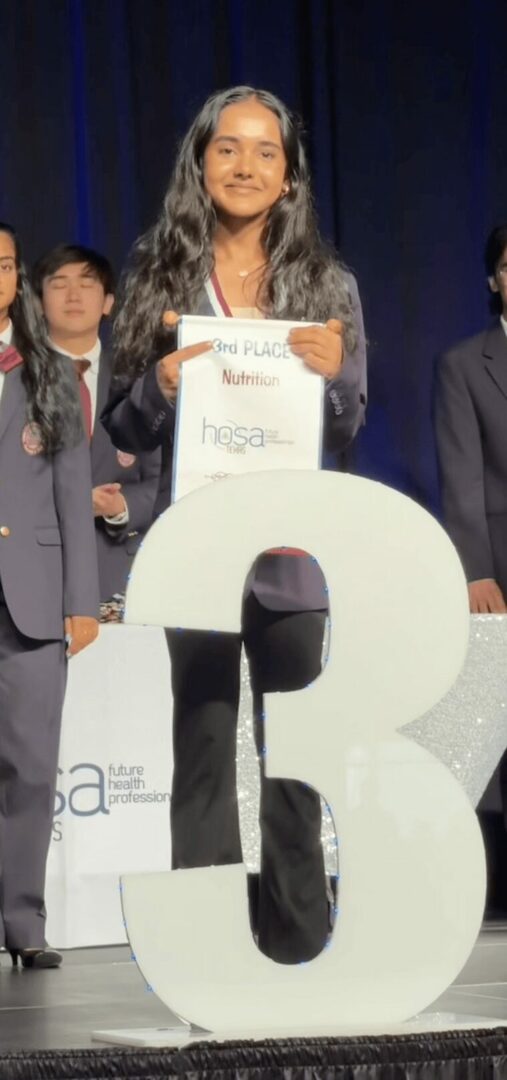
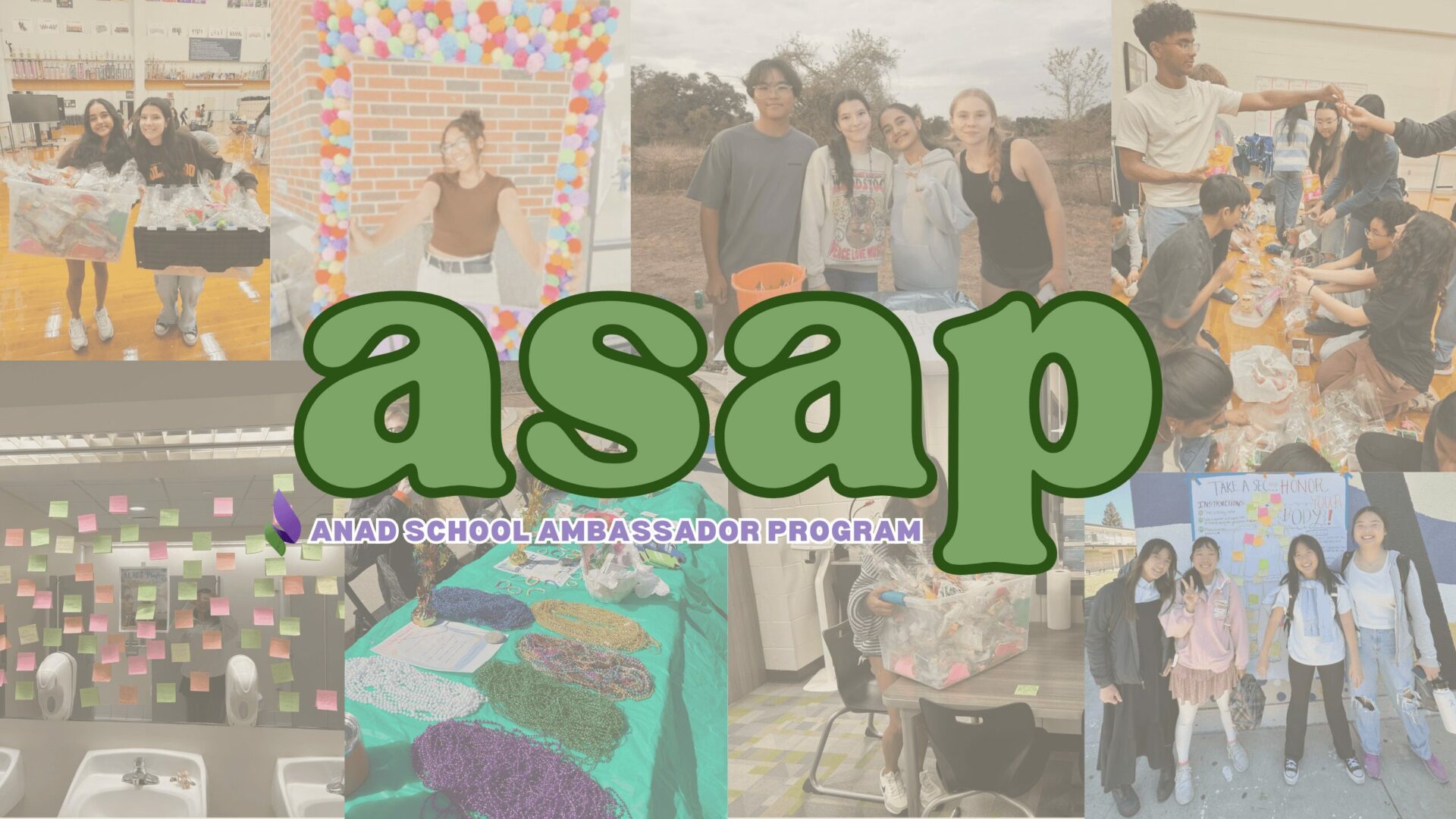
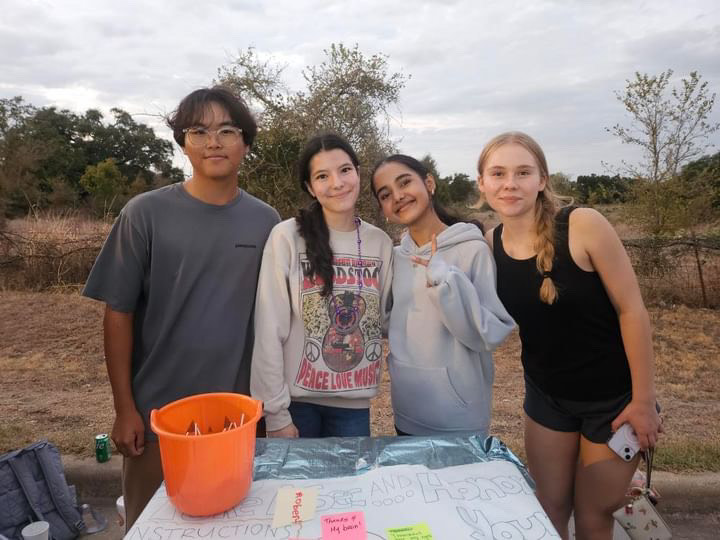
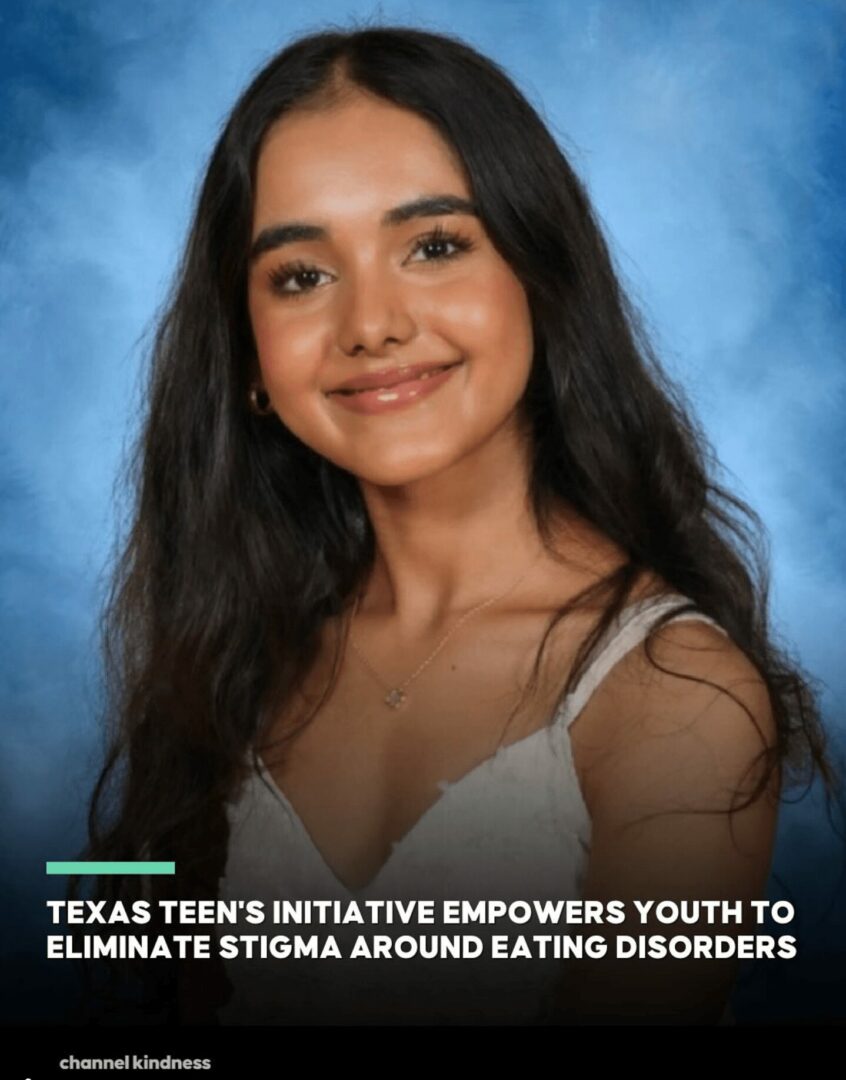
so if you or someone you know deserves recognition please let us know here.

